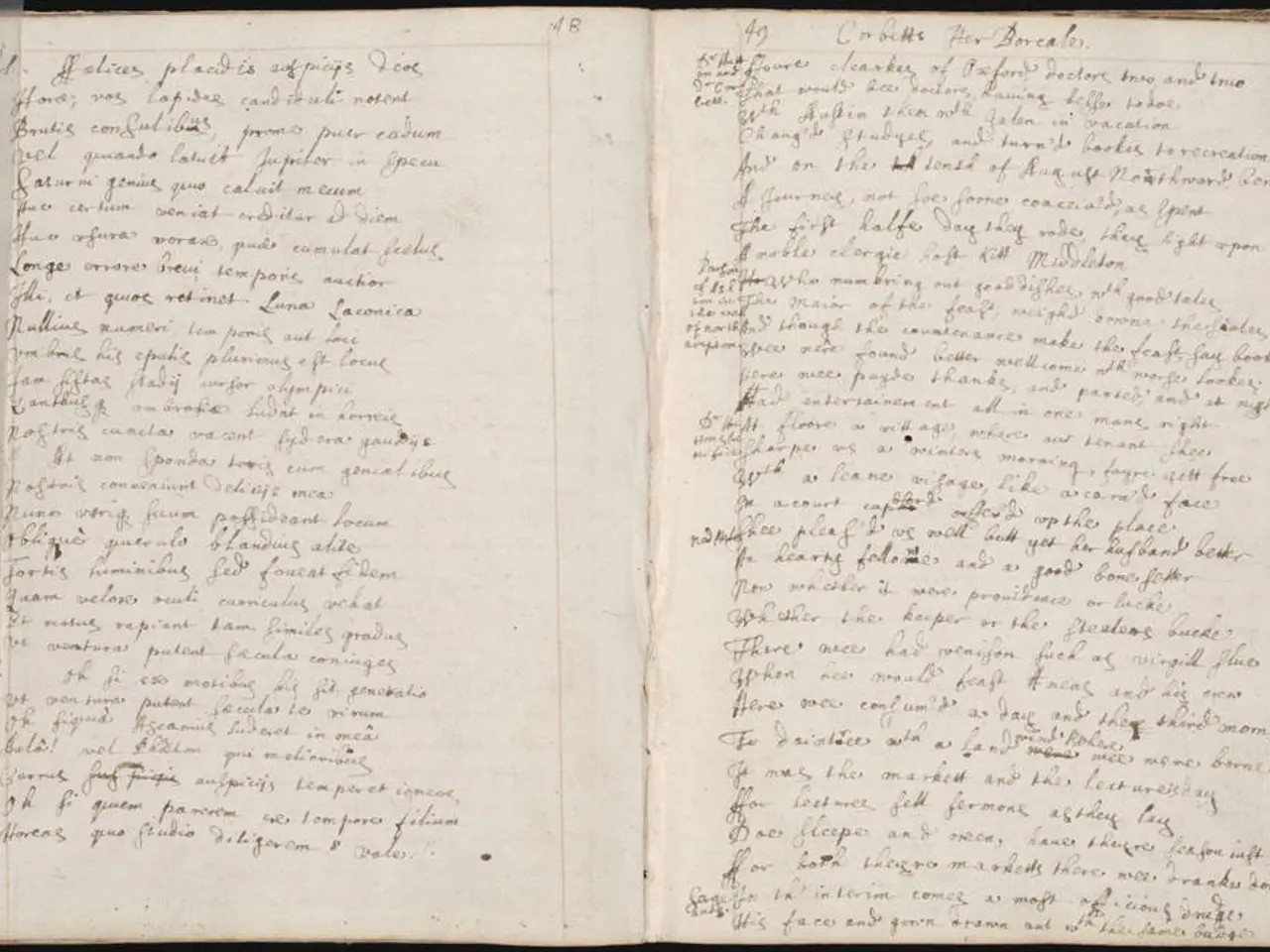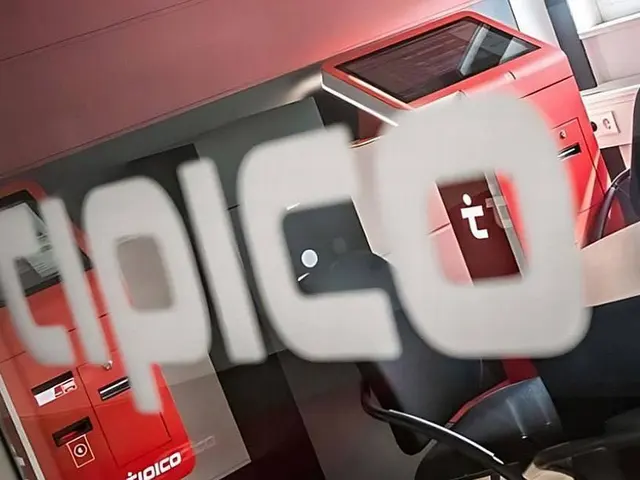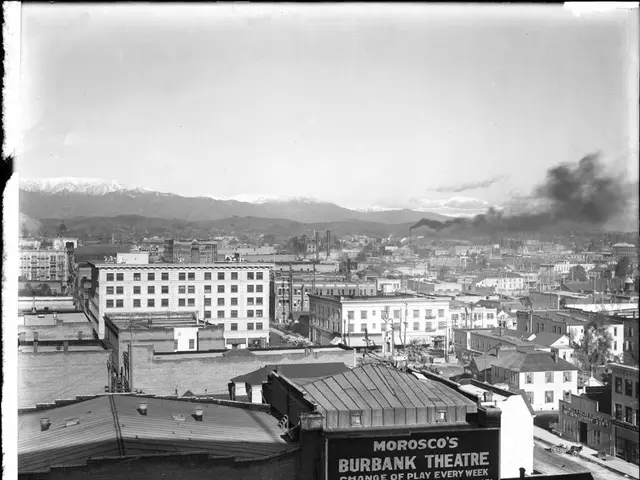Understanding Script Coverage and Its Significance
In the bustling world of the film industry, every screenplay is a beacon of creativity and potential. But how does a writer ensure their script stands out among the thousands vying for attention? Enter professional script coverage.
Professional script coverage is a detailed, expert evaluation of a screenplay designed to assess its strengths and weaknesses objectively. This process provides an impartial, professional perspective on a writer's work, offering valuable insights that can significantly impact the quality and marketability of a screenplay.
Components of Professional Script Coverage
A comprehensive professional script coverage report typically includes several key elements:
- Logline and summary: A concise synopsis of the script's main story and premise.
- Analysis of key elements: Evaluation of plot structure, character development, pacing, dialogue, genre, and tone.
- Strengths and weaknesses: Pinpointing what works and what detracts from the screenplay's effectiveness.
- Ratings: Often includes scores or grades for various aspects of the screenplay.
- Comments and suggestions: Detailed notes, sometimes scene-by-scene, with actionable feedback.
- Market considerations: Assessment of how the script fits industry trends and audience expectations.
The Process
The process of professional script coverage is straightforward and systematic:
- A professional reader or script analyst reads the screenplay carefully.
- The reader prepares a report summarizing the script and analyzing its components.
- The report may include a Q&A section that clarifies story issues or specific feedback points.
- The feedback is provided in a timely manner, often with industry-standard formatting to assist decision-makers.
- The writer uses this objective input to revise, polish, and target their script more effectively.
Benefits for Screenwriters in the Film Industry
For screenwriters, professional script coverage offers numerous benefits:
- Objective, expert feedback: Provides an unbiased perspective beyond friends or informal groups, highlighting subtle flaws and strengths.
- Saves time and effort: Helps writers prioritize revisions that improve the script's chances of being optioned or produced.
- Enhances script marketability: Aligns the screenplay better with industry expectations, increasing its chances of success.
- Clarifies story and craft issues: Focuses writers on critical elements such as the first ten pages, hooks, stakes, and character clarity that producers look for.
- Accelerates the revision cycle: Access to fast, actionable notes enables quicker, more informed rewrites, facilitating industry-readiness.
- Facilitates networking and pitching: Coverage reports can be leveraged as credentials or evidence of polish when submitting to agents, producers, or contests.
In conclusion, professional script coverage is an essential, structured process that guides screenwriters in refining their scripts efficiently and effectively, significantly improving their prospects in the competitive film industry. Whether you're a seasoned writer or a budding talent, embracing the power of professional script coverage can be a game-changer for your writing career.
Read also:
- Today's most impactful photographic moments
- Support for Eric Adams in The Post's Letters to the Editor on August 13, 2025
- Roosting Shark and Rambunctious Red Squirrels: Unconventional House Rental in Yorkshire Involving Aquatic Marvel, Squirrely Mayhem, and Mystical Planning Regulations
- Legal Dispute Dismissed with Humor: Supreme Court Laughs off Another Civil Matter Mislabeled as Criminal Prosecution








